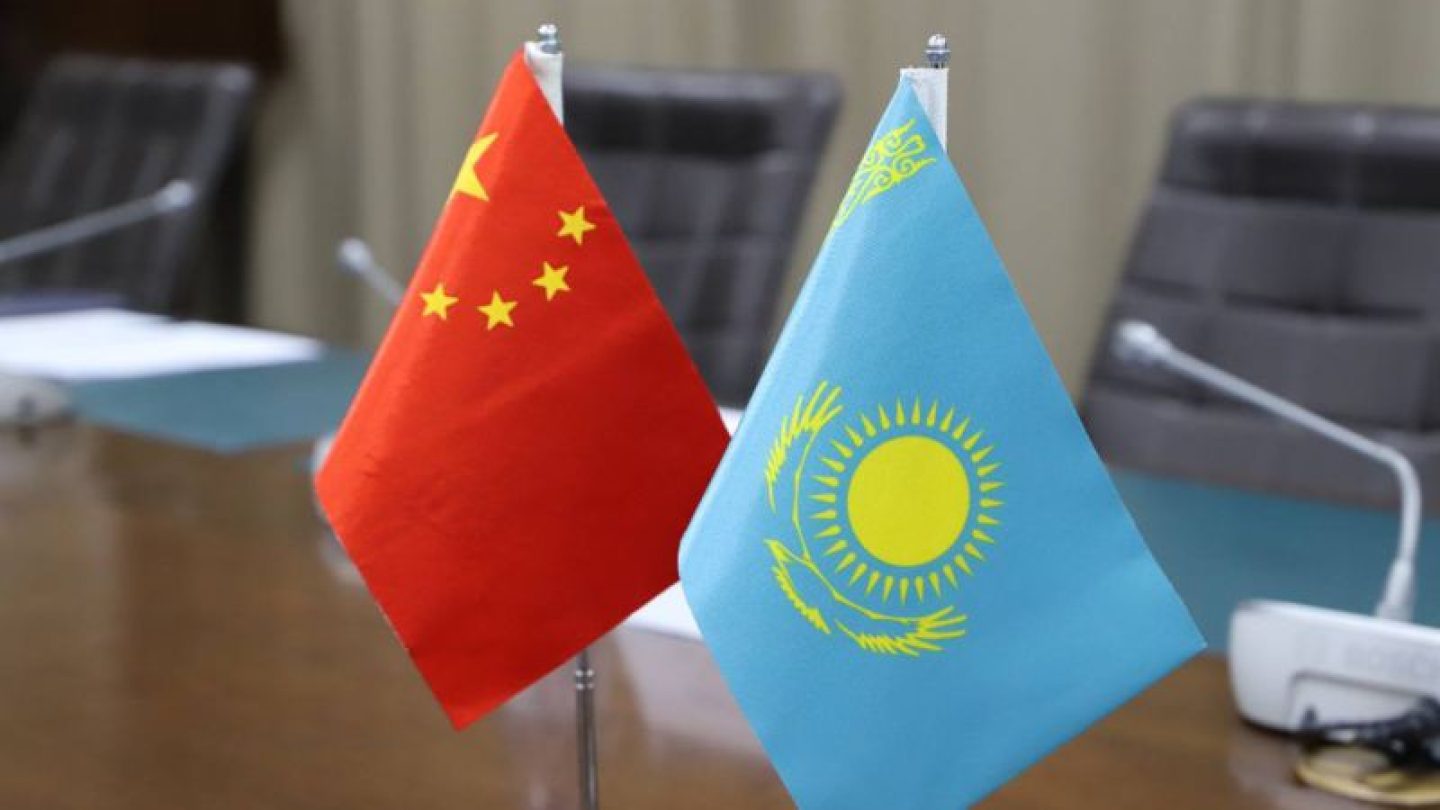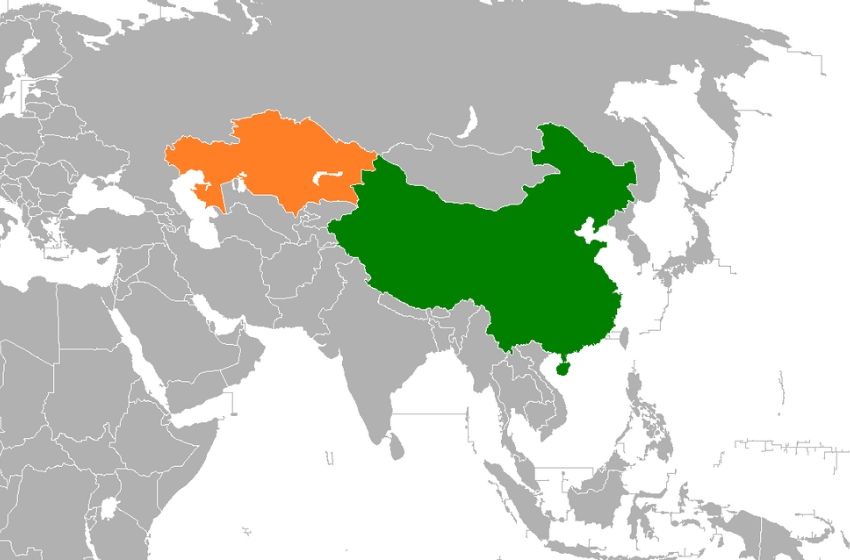China and Kazakhstan have signed 70 commercial agreements worth over $15 billion, covering energy, transport, metallurgy, agriculture, and high-tech sectors.
A key focus is the development of the Trans-Caspian International Transport Route, connecting China with Europe via Kazakhstan, the Caspian Sea, Azerbaijan, Georgia, and Turkey—bypassing Russian territory. Freight volumes are expected to increase to 10 million tons in the coming years, up from the current 2–3 million tons.
In the energy sector, China Power, China Energy, and China Huadian Corporation will be involved in developing renewable capacities and building a new thermal power plant, while CNPC will assist in modernizing the Shymkent oil refinery.
In industry, an automobile plant will be launched in Almaty producing Great Wall, Chery, and Changan vehicles, as well as BYD electric buses, alongside the Fujian Hengwang Investment metallurgical project.
In agriculture, Dalian Group will invest $650 million in grain processing, and Fufeng Group will invest in corn processing.
The expansion of cooperation between Beijing and Astana highlights China’s growing role in Central Asia and Kazakhstan’s reduced dependence on Russian transport routes and energy influence.






















